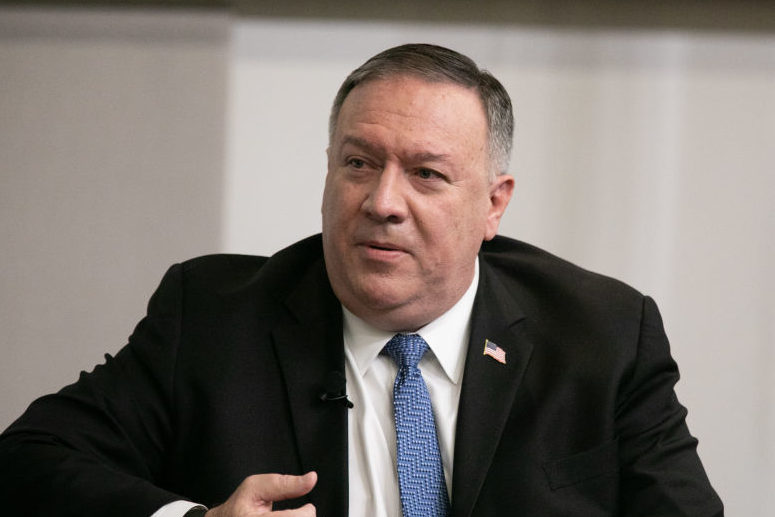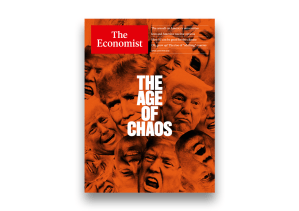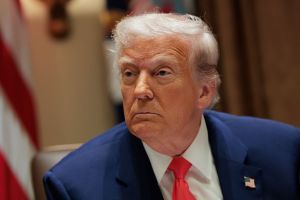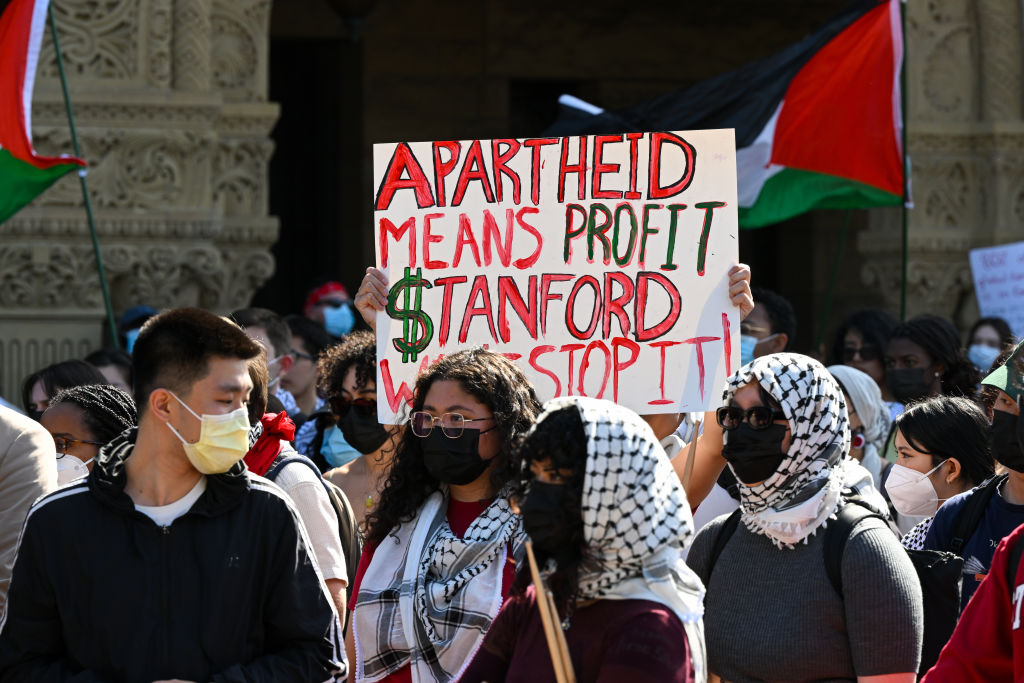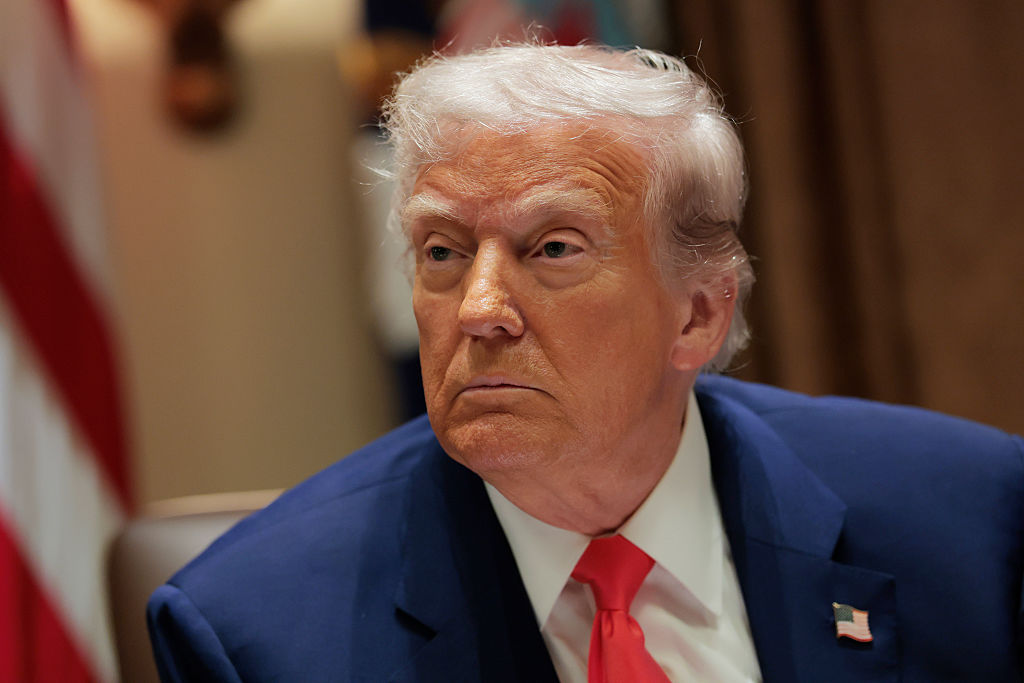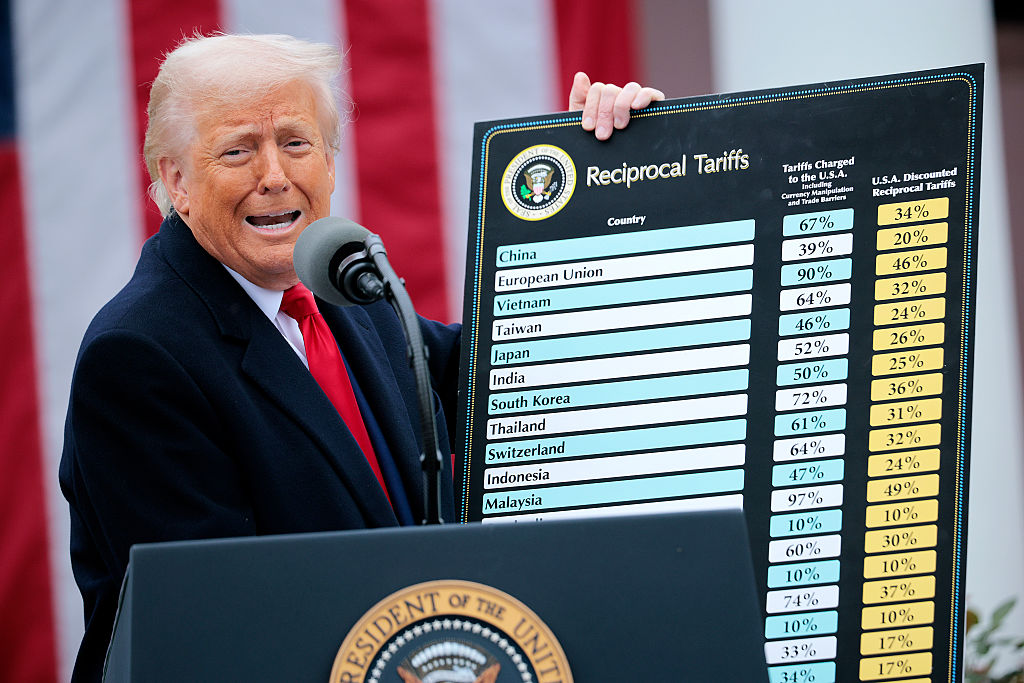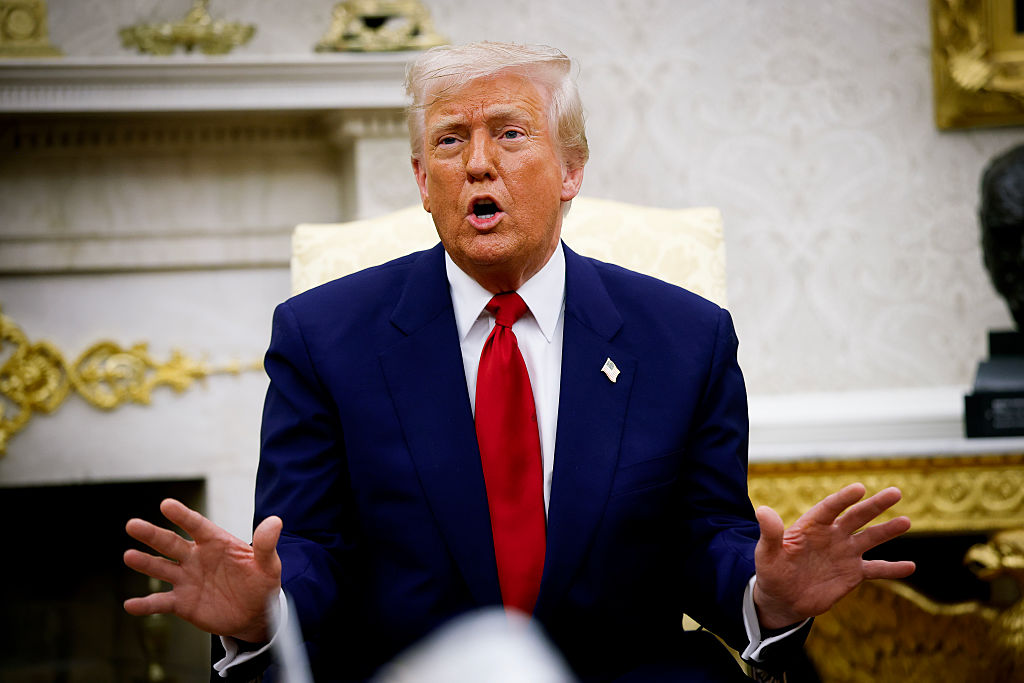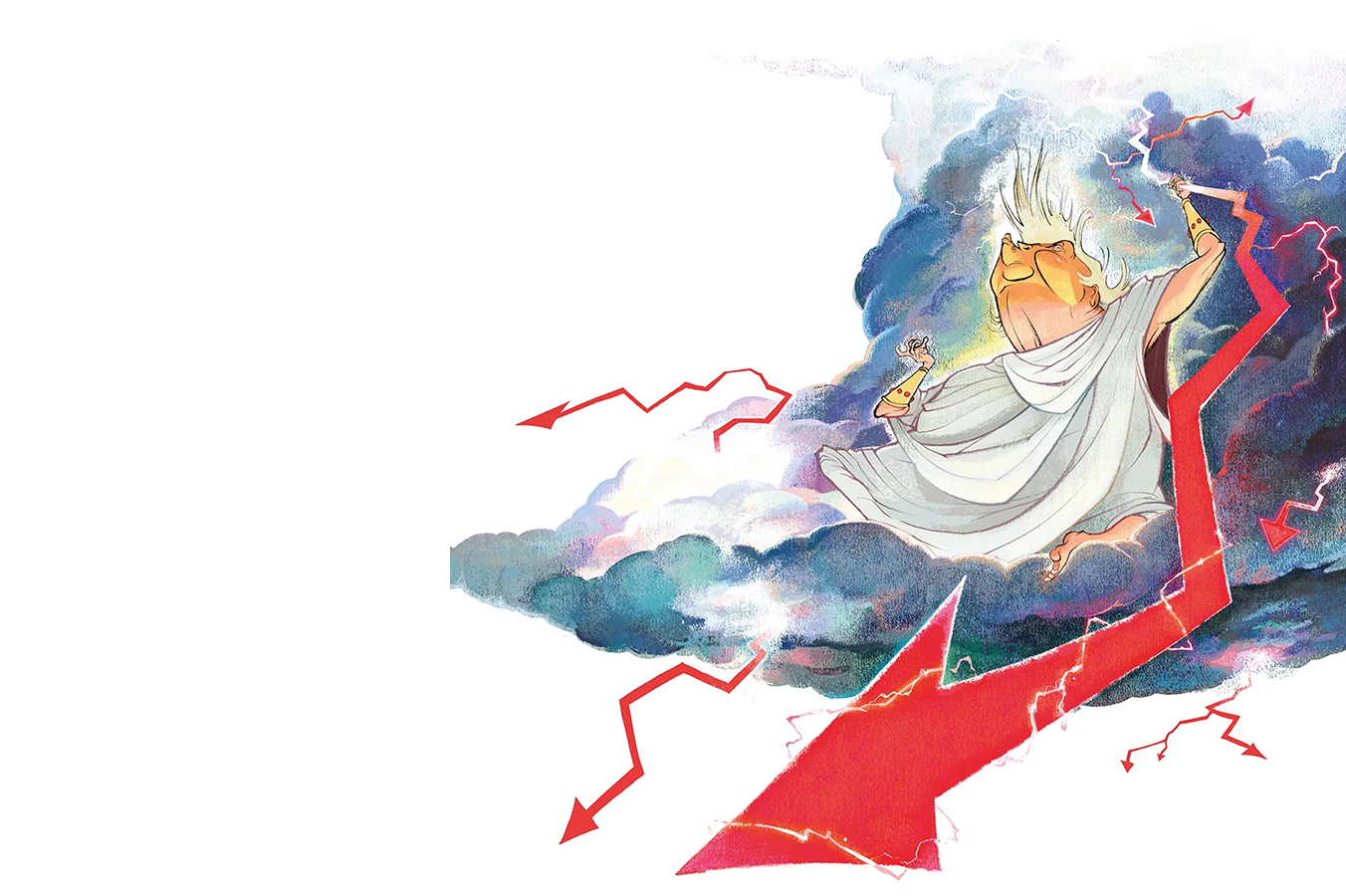Mike Pompeo delivered a speech at Georgia Tech on Wednesday about the Chinese Communist party’s undue influence on American higher education. According to the secretary of state, the Massachusetts Institute for Technology rejected his attempts to give the same speech on their campus. The reason why is now a matter of public dispute.
The State Department contends that MIT was worried the speech’s subject matter could be offensive to the school’s Chinese students. Pompeo publicly admonished this line of thinking during his Georgia Tech speech:
‘Why do schools censor themselves? They often do it out of fear of offending China. Indeed I must tell you that MIT wasn’t interested in having me to their campus to give this exact set of remarks. President Raphael Reif implied that my arguments might insult their ethnic Chinese students and professors. But of course nothing could further from the truth. These are the very people that this set of remarks is intended to protect, to protect their freedoms.’
MIT, however, claims that President Reif’s decision was out of a concern for COVID protocol.
The school was ‘honored to be considered’ but said in a statement to ABC that in order ‘to preserve public health on campus in the fall, we must abide fully by our policies of no guests and no gatherings greater than 10 people’.
MIT told The Spectator that they started discussions with the State Department about hosting the event in August, when they were still in Phase 2 of reopening campus. At that point, visitors were strictly limited and outdoor gatherings could be no larger than 10 people. Since then, MIT has entered its third phase of reopening.
‘Our statement is clear about President Reif’s reasons for his decision, which he conveyed to the secretary’s representative in August. The conversation was months ago and was prospective; we never saw remarks,’ MIT said.
Still, the spat over why Pompeo was not able to deliver his remarks at MIT misses the underlying point about CCP influence on college campuses. American universities have taken $1.3 billion from China since 2013. China has paid and pressured students and professors at top universities to steal research and other intellectual property for the Communist party’s benefit. In fact, the Department of Education opened an investigation into MIT in 2019 over a lack of transparency on the school’s foreign donations, including alleged gifts from Office of Chinese Language Council International, the Confucius Institute and the Chinese government itself.
[special_offer]
In 2018, Associate Provost Richard Lester wrote a letter to faculty encouraging them to consider the ‘practical and philosophical questions at play’ in its relationship with China, particularly the high percentage of Chinese students attending the university and China’s ‘growing strength in research and innovation’. He added, however, that ‘there should be full confidence, both at home and abroad, that MIT, as an American institution, will never put any other country’s interests ahead of those of the United States’. Still, MIT hosted its first ‘MIT China Summit’ in Beijing that year.
‘In a way, it is surprising that this is the first MIT China Summit, because the ties between MIT and China have been longstanding,’ President Reif said during the summit opener. ‘These connections between MIT and China have been in place for so long that we could simply have allowed them to continue to flourish, unattended. But we saw this summit as a powerful way to respond to an emerging reality.’
COVID or not, Pompeo’s warning about how the CCP uses our universities to indoctrinate students against American values, steal intellectual property and shut down free academic inquiry would have been an important and timely message for MIT as it explores its ‘relationship’ with China. After all, MIT’s friends in the CCP are responsible for the spread of the pandemic anyway.



